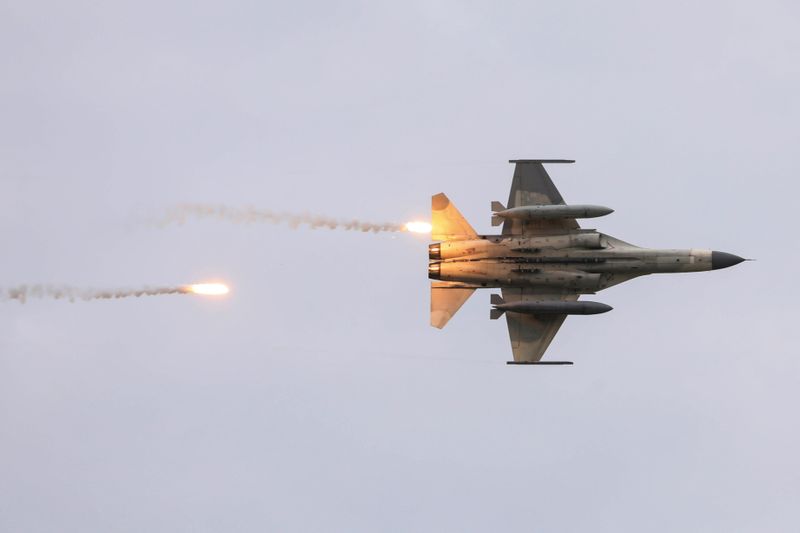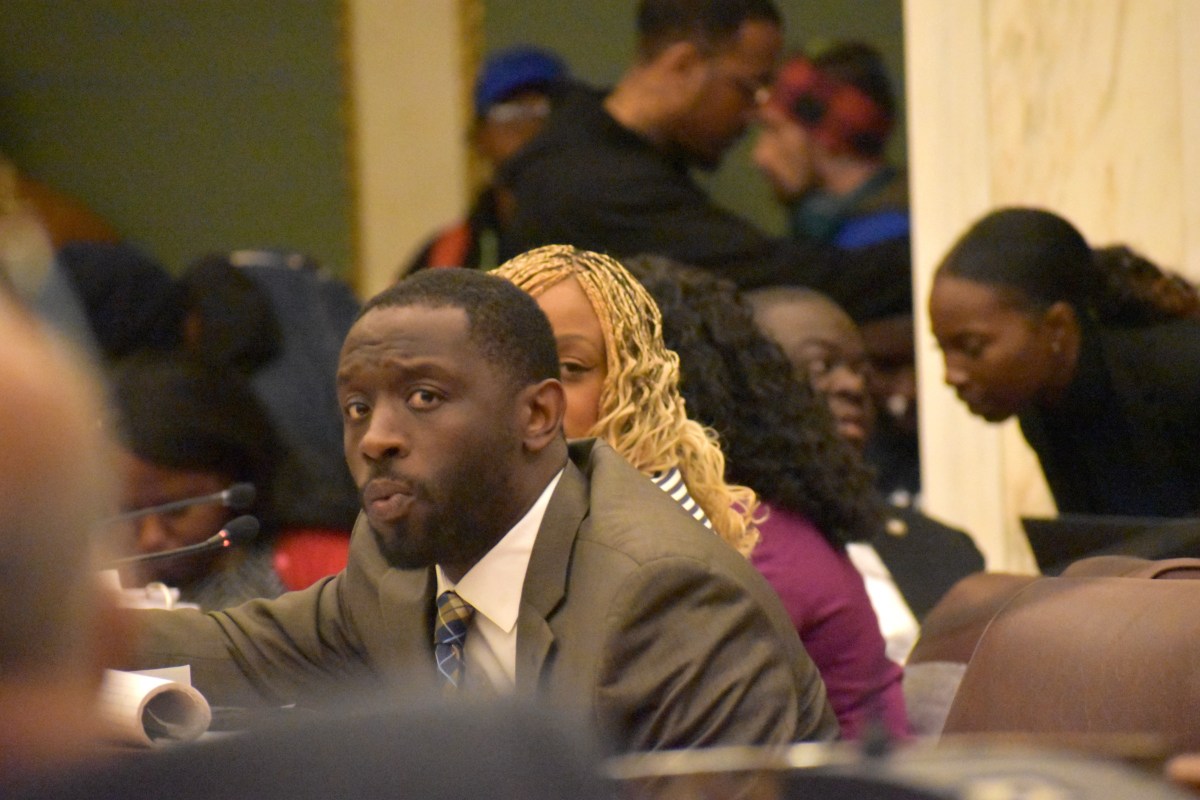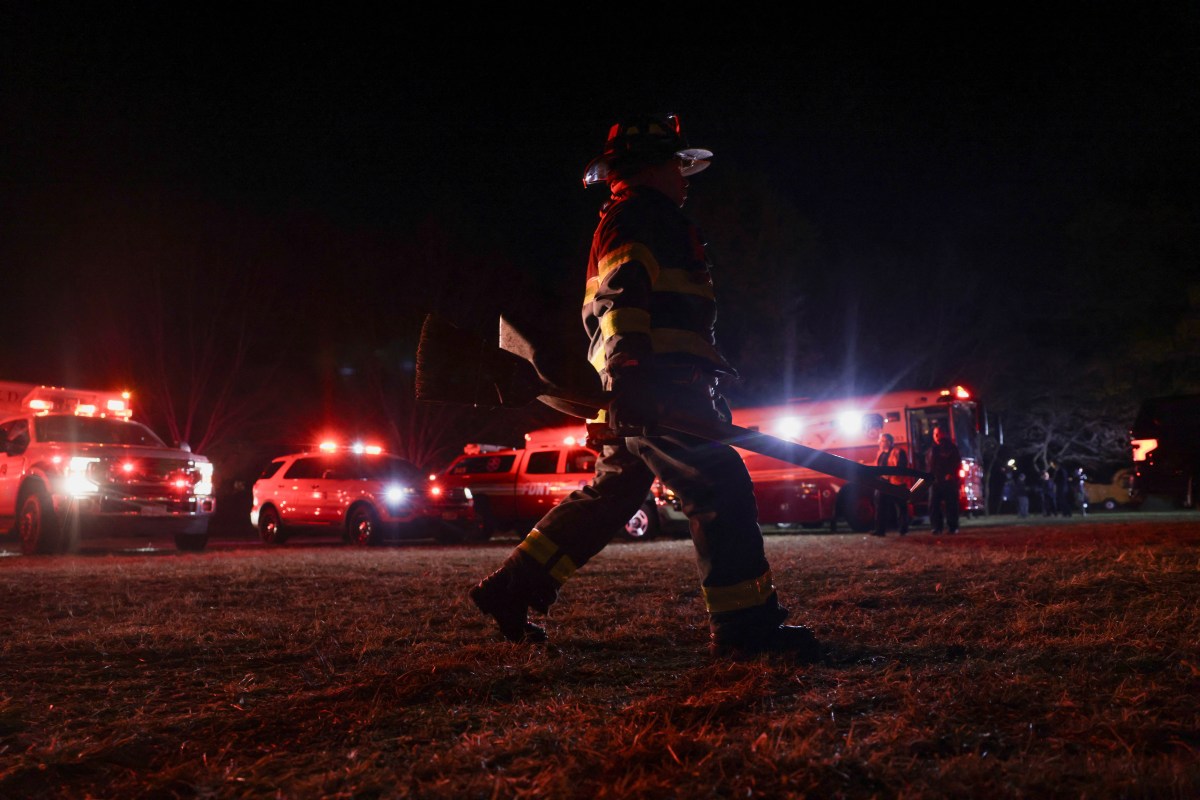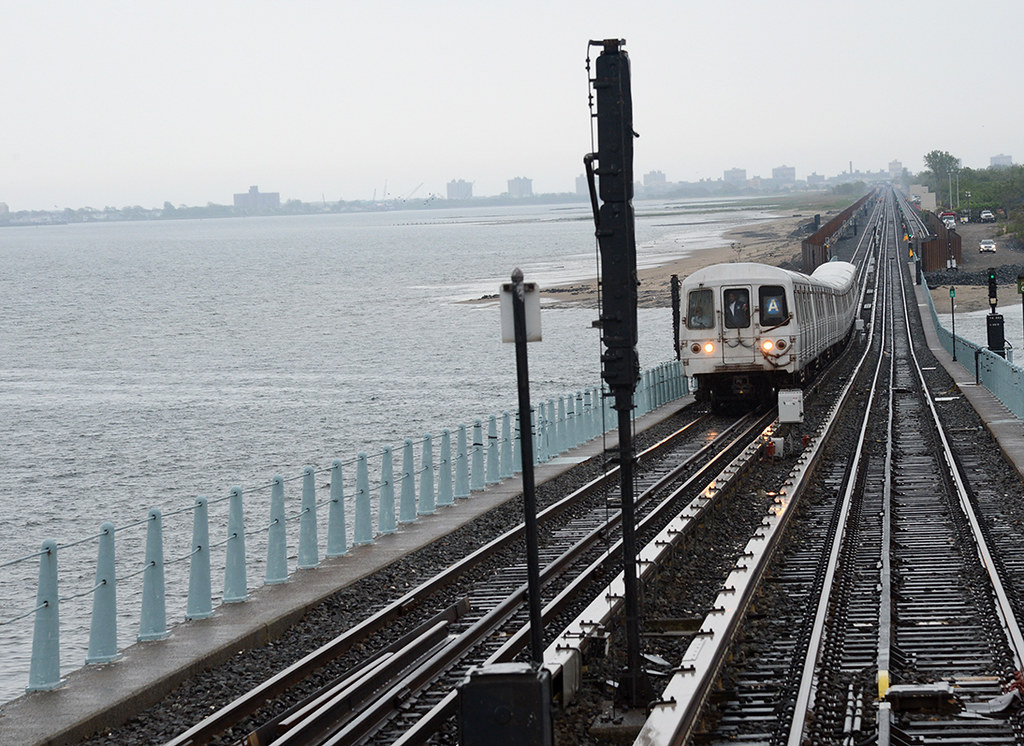TAIPEI/BEIJING (Reuters) – Numerous Chinese and U.S. military exercises, Taiwan missiles tracking Chinese fighters and plummeting China-U.S. ties make for a heady cocktail of tension that is raising fears of conflict touched off by a crisis over Taiwan.
In the last three weeks, China has announced four separate exercises along its coast, from the Bohai Gulf in the north to the East and Yellow Seas and South China Sea, along with other exercises it said were aimed at “the current security situation across the Taiwan Strait”.
Meanwhile Taiwan, claimed by China as its “sacred” territory, said its surface-to-air missiles had tracked approaching Chinese fighters – details Taiwan does not normally give – as U.S. Health Secretary Alex Azar was visiting the island this month.
Addressing the Chinese exercises, Taiwan’s defence ministry said on Tuesday the closer Chinese jets get to the island the “more actively” Taipei would respond, though it would “not escalate conflict” nor “trigger an incident”.
The United States sent another warship through the Taiwan Strait this month, a few days after a U.S. carrier group conducted an exercise in the disputed South China Sea, and this week China complained a U.S. spy plane had observed Chinese live-fire exercises.
Chinese military expert Ni Lexiong, a retired professor at the Shanghai University of Political Science and Law, said it was very rare and possibly the first time multiple Chinese exercises were taking place at the same time.
“By simultaneously conducting drills in the three seas, it means China is testing its ability to fight enemies coming from three directions at the same time – for example from Taiwan, from Japan and from the U.S. from the south,” he said.
“Historically, frequent drills are a clear predictor of war.”
‘DISMAY AND CONCERN’
Taiwan-based security and diplomatic sources say the chances of “firing off a shot while polishing the gun” – a Chinese saying for an accidental encounter setting off a broader conflict – are rising mainly because of increased U.S. and Chinese military activity in the region.
“Neither side wants to start a conflict. The fundamentals have not changed much,” said a Western diplomat looking into military activities across the Taiwan Strait.
“But the frequent activities do increase the chances of an accidental conflict,” the diplomat said.
China’s defence ministry and its Taiwan Affairs Office did not respond to requests for comment, and neither did the Pentagon nor U.S. State Department.
China’s foreign ministry said in statement sent to Reuters: “We have the determination and capability to stop any activities aimed at separating Taiwan from China”.
A senior U.S. official, speaking on condition of anonymity, said that China was becoming more assertive and more aggressive in the region and there was concern its military could miscalculate, leading to unexpected consequences.
“This is an issue that is broader than Taiwan and broader than just the United States,” the official said.
“I would argue that there are many like-minded countries in the region that are viewing with dismay and increasing concern the trend lines coming out of Beijing.”
‘TO THE LAST SOLDIER’
The Trump administration has been taking an escalating array of measures against China in the run-up to the U.S. presidential election, adding to the uncertainty.
A hypothetical scenario spelled out in a recent essay by James Winnefeld, a former vice chairman of the Joint Chiefs of Staff, and Michael Morrell, former acting director of the Central Intelligence Agency, has made the rounds in Taiwan security circles.
In their suggested sequence of events, set out in the Proceedings of the U.S. Naval Institute, a disputed U.S. election gives China the opportunity to move on Taiwan while Washington and the world are distracted.
In Taiwan, President Tsai Ing-wen has responded to the tension with pledges to defend the island.
She and her government have denounced as scaremongering and kowtowing to Beijing a campaign this month by former president Ma Ying-jeou, who held a landmark meeting with Chinese President Xi Jinping in 2015, to warn that Taiwan is courting disaster by needling China and would not last long in a war.
Still, Taiwan has been keen to show its teeth.
Its defence ministry this month issued two slickly produced videos showing missiles being fired and F-16s in the air to demonstrate their resolve to defend the island.
“Dare to fight, and fight to the last soldier,” the ministry said in a caption for the latest video, released on Sunday.
(Reporting by Ben Blanchard and Yew Lun Tian; Additional reporting by Yimou Lee in Taipei and Idrees Ali in Washington; Editing by Robert Birsel)























